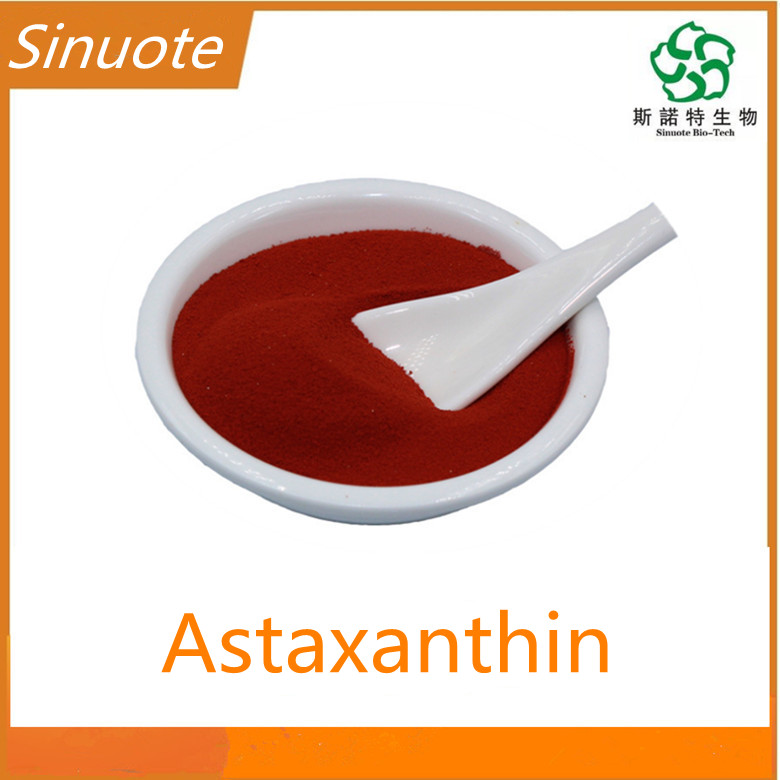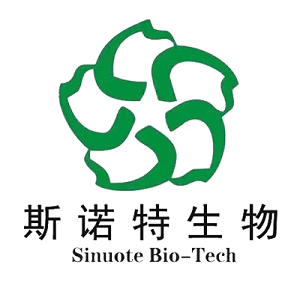Haematococcus Pluvialis Extract Astaxanthin
Astaxanthin is a powerful antioxidant derived from various natural sources, including microalgae, yeast, and shrimp. It has gained significant attention in recent years due to its numerous health benefits. One notable source of astaxanthin is the Haematococcus pluvialis microalgae. This valuable compound is known for its ability to neutralize free radicals and protect cells from oxidative stress. Astaxanthin has also been found to possess anti-inflammatory properties, making it a promising ingredient in skincare and cosmetics.
In addition to its standalone applications, astaxanthin can be combined with other beneficial compounds to enhance its effects. For example, it can be synergistically paired with Amur Corktree Bark Extract and Andrographis Extract to boost immune function and combat inflammation. Astaxanthin is also commonly found in Animal Husbandry Materials, where its antioxidant properties support the overall health and well-being of animals.
Furthermore, astaxanthin is often incorporated into dietary supplements and functional foods. It can be combined with Astragalus Extract, Black Walnut Bark Powder, and Chaga Extract Powder Polysaccharide to create formulations that promote immune system health, provide liver protection, and improve cardiovascular function. The addition of Cherry Powder, Echinacea Purpurea Extract, and Green Tea Extract enhances the overall nutritional value and antioxidant content of these products.
Astaxanthin is a versatile ingredient that finds applications in various industries. It is widely used in the production of cosmetics and skincare products, where it works in conjunction with Collagen Peptide and Cortex Phellodendri Extract Powder to promote skin health, reduce the signs of aging, and improve skin elasticity. Moreover, astaxanthin is an excellent colorant Fruit Powder that adds a natural and vibrant hue to cosmetic formulations.
The benefits of astaxanthin extend beyond personal care and wellness. It is frequently utilized in feed additives to support the growth and health of animals. When combined with Fruit Powder, Ginseng Extract, and Licorice Root Extract, it helps enhance animal nutrition and boost immune function.
Overall, astaxanthin is a valuable natural compound with a broad range of applications. Its combination with various extracts and powders, such as Mulberry Powder, Nattokinase Extract, and Saccharomyces Cerevisiae Dextran, further expands its potential in the fields of nutrition, healthcare, and agriculture. Whether it's for improving immunity, enhancing skin health, or providing antioxidant support, astaxanthin proves to be a versatile and highly beneficial natural ingredient.
Botanical Source: Haematococcus pluvialis
Extract Part: Whole microalgae
Extraction Type: Natural
Extraction Method: Supercritical CO2 extraction
Extraction Solvent: Carbon dioxide
Detection Method: HPLC
Grade: Food grade, pharmaceutical grade, and cosmetic grade
Odor: Odorless
Color: Dark red
Appearance: Powder
CAS Number: 472-61-7
Molecular Formula: C40H52O4
Molecular Weight: 596.85 g/mol
Pharmacological Properties
1. Antioxidant Properties:
Astaxanthin is a potent antioxidant that can neutralize free radicals and prevent oxidative stress. Free radicals are highly reactive molecules that can damage cells and contribute to the development of various diseases. Astaxanthin has been shown to be more effective than other antioxidants, such as vitamin E and beta-carotene, in scavenging free radicals. In addition, astaxanthin can cross the blood-brain barrier and protect neuronal cells from oxidative damage, which may have implications for the prevention and treatment of neurodegenerative diseases.
2. Anti-inflammatory Properties:
Astaxanthin has anti-inflammatory properties that can reduce inflammation and alleviate pain. Inflammation is a key component of many chronic diseases, including cardiovascular disease, cancer, and arthritis. Astaxanthin can inhibit the production of inflammatory cytokines and chemokines, as well as the activation of inflammatory signaling pathways, such as NF-κB and MAPK. In animal studies, astaxanthin has been shown to reduce inflammation and pain associated with arthritis, colitis, and other inflammatory conditions.
3. Immunomodulatory Properties:
Astaxanthin has immunomodulatory properties that can regulate immune function and improve immune response. The immune system is responsible for defending the body against infections and diseases, and a dysregulated immune system can lead to various health problems. Astaxanthin can enhance the activity of natural killer cells, T cells, and B cells, which are all important components of the immune system. In addition, astaxanthin can modulate cytokine production and promote a balanced immune response.
4. Neuroprotective Properties:
Astaxanthin has neuroprotective properties that can protect neuronal cells from damage and degeneration. The brain is particularly vulnerable to oxidative stress and inflammation, which can contribute to the development of neurodegenerative diseases, such as Alzheimer's and Parkinson's disease. Astaxanthin can cross the blood-brain barrier and protect neuronal cells from oxidative damage, reduce inflammation in the brain, and improve cognitive function in animal models of neurodegenerative diseases.
5. Cardiovascular Protective Properties:
Astaxanthin has cardiovascular protective properties that can reduce the risk of cardiovascular disease. Cardiovascular disease is a leading cause of death worldwide, and oxidative stress and inflammation are key contributors to its development. Astaxanthin can reduce oxidative stress and inflammation in the cardiovascular system, as well as improve lipid metabolism, reduce blood pressure, and enhance endothelial function. In human studies, astaxanthin supplementation has been shown to improve several cardiovascular risk factors, including lipid profiles and arterial stiffness.
6. Anticancer Properties:
Astaxanthin has anticancer properties that can inhibit tumor growth and metastasis. Cancer is a complex disease that involves multiple processes, including oxidative stress, inflammation, and immune dysfunction. Astaxanthin can modulate these processes and inhibit cancer cell proliferation, induce apoptosis, and inhibit angiogenesis. In animal and cell culture studies, astaxanthin has been shown to inhibit the growth and metastasis of several types of cancer, including breast, colon, and skin cancer.




































